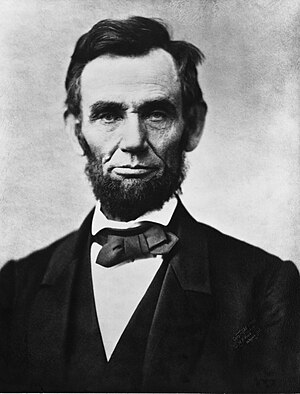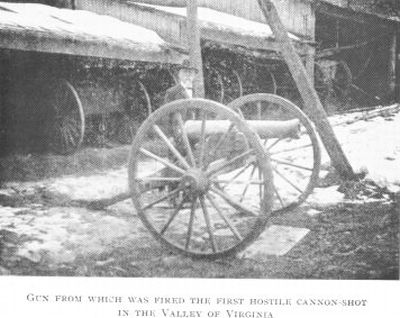 Image via Wikipedia Image via Wikipedia |
| President Lincoln |
- In Washington, President Abraham Lincoln issues a proclamation declaring the seceding States in a state of insurrection and prohibiting all trade and public intercourse with them. This proclamation is important as a legal issue. First, it serves notice that no further compromising will be done with the seceded states. In addition it ends a thriving cotton trade in the border states. Most importantly, it makes lawful any action that the Administration would like to take against anyone in the North whom it deems to be trafficking with the enemy. These actions could include curbing freedom of the press and jailing suspected individuals without charges for indefinite periods (suspension of the writ of habeas corpus, which is protected and guaranteed in the US Constitution). And the Lincoln Administration doesn’t waste any time. In New York, the Lincoln Administration indicts several New York newspapers in court for alleged pro- Confederate leanings, among them are the New York Journal of Commerce, the Brooklyn Eagle, and the New York Daily News/1861
- Patriot and Union forces clash at Fredericktown and Kirkville, Missouri/1861























